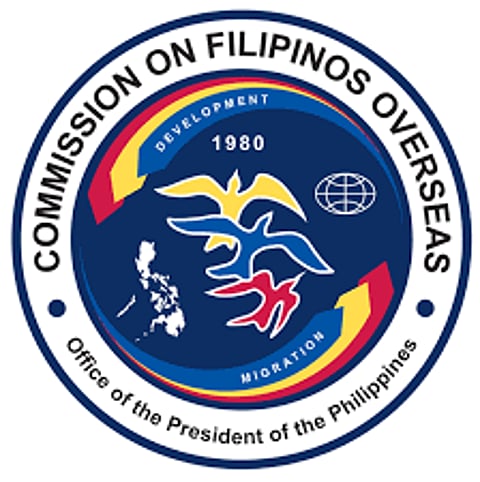
- NEWS
- the EDIT
- COMMENTARY
- BUSINESS
- LIFE
- SHOW
- ACTION
- GLOBAL GOALS
- SNAPS
- DYARYO TIRADA
- MORE

The Philippines is tightening border security as trafficking syndicates adopt increasingly sophisticated methods amid a rise in fake travel documents and human trafficking cases.
The Commission on Filipinos Overseas (CFO) issued a public advisory following reports of counterfeit CFO certificates, falsified employment contracts, and forged overseas work permits — all used to evade immigration checks and smuggle trafficking victims abroad.
“We cannot become complacent,” CFO Secretary Dante Ang II said over the weekend, urging Filipinos planning to travel or work abroad to stay vigilant and use only legitimate channels.
Authorities have intercepted several recent attempts to circumvent border protocols. Among these were travelers posing as church missionaries who were later found to have been recruited for illegal jobs overseas. Others were caught using forged employment documents while en route to the Middle East and Southeast Asia.
In a separate incident in Cebu, the Bureau of Immigration (BI) 7 arrested Chinese national Wang Chaoxin and four others on 14 May for violating immigration and labor laws. Wang allegedly used a false identity to obtain a Philippine driver’s license and birth certificate, later registering a trading company under that name. Three of the arrested individuals held valid work visas but were employed by firms other than their declared petitioners. The fourth was working without a permit.
The enforcement effort follows President Ferdinand Marcos Jr.’s directive to protect national sovereignty by targeting foreign nationals involved in unlawful activity.
BI Commissioner Joel Anthony Viado credited coordination with the Armed Forces of the Philippines and the National Bureau of Investigation for enabling the operation through timely intelligence sharing.
In response to the surge in document fraud, the BI has stepped up inspections at airports and seaports, reporting a growing number of attempts involving altered passports and fake work documents.
"Modernizing the systems of the BI has always been my drive. We are operating on an 85-year-old law, and our technologies are almost outdated," Viado said in a separate media interview.
To support the campaign, the BI is deploying more personnel to major airports, expanding the use of biometrics, and working closely with the CFO, Department of Foreign Affairs, and law enforcement agencies to flag fraudulent documents before departure.
